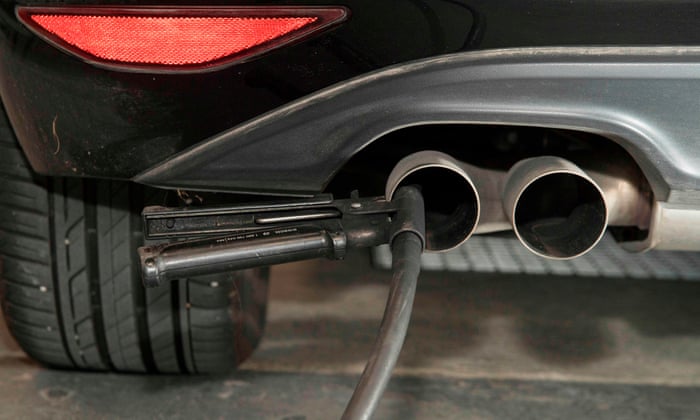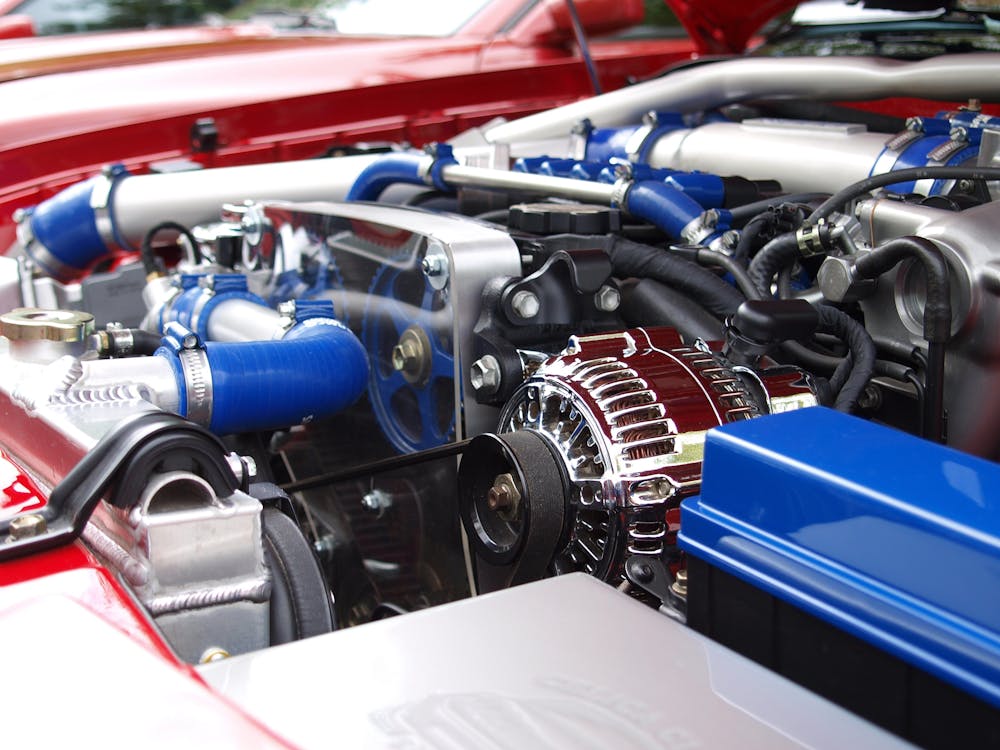The Volkswagen Group (VW), one of the largest car manufacturers globally, had been promoting diesel engines as a cleaner and fuel-efficient alternative to petrol engines. Following this marketing strategy, VW was well-positioned in the market, with a significant share of the diesel engine sector. However, in 2015, the United States Environmental Protection Agency (EPA) discovered that VW had been using defeat devices to cheat on emission tests.
Designed as sophisticated software within the engine management system, these devices were programmed to detect when the car was under test situations and would, therefore, emit lower levels of NOx emissions. In normal use, the vehicles emitted up to 40 times the amount of pollutants they were permitted.
The fraud came to light after a study by the International Council on Clean Transportation found that VW cars produced much higher emissions than advertised in real-world conditions. Further investigations revealed that over eleven million vehicles worldwide had been fitted with illegal defeat devices since 2009, hitting the headlines as the Dieselgate Scandal in 2015.
VW has agreed to pay £193 million in Dieselgate compensation to UK diesel drivers. The settlement applies to approximately 90,000 drivers of affected VW, Audi, Škoda, and Seat diesel models.
The payout to each driver is expected to vary, but estimates suggest that each vehicle owner could get between £2,000 and £3,000. The exact amount will depend on the precise make and model of the car, whether the owner purchased or leased it, and how long they owned it.
The settlement includes millions in legal fees. The payout is roughly half of the £3.3 billion VW has already paid out in the United States. However, it still marks a significant milestone for diesel drivers in the UK, who have been waiting years to receive compensation for being misled about their car’s emissions.
Following this settlement, other automakers, such as BMW, are expected to face similar compensation claims from UK drivers. The move comes after several UK law firms launched BMW emissions claims, accusing the automaker of fitting vehicles with cheating devices.
In 2018, German authorities ordered BMW to recall 11,000 cars over diesel emissions, and the company subsequently recalled more than 300,000 vehicles worldwide. BMW also faces a €373 million settlement regarding emissions technology collusion with VW and Daimler.
However, BMW still faces a long road ahead in settling the compensation claims from UK diesel drivers. The lawsuit is expected to be complex and protracted, with a potential payout of hundreds of millions of pounds.
BMW’s involvement in the diesel emissions scandal highlights the ongoing challenges the car industry faces in addressing environmental concerns. The industry must continue to invest in cleaner technologies and repair its reputation with consumers to maintain its position as a key driver of economic growth.
Detrimental environmental and health consequences caused by diesel emissions
The automotive industry is a multibillion-dollar global enterprise that has been in existence for more than a century. It is a critical sector, providing employment and transforming lives by moving goods and services. The use of diesel in vehicles has increased manifold over the past few decades, leading to a surge in air pollution levels.
Diesel vehicles significantly contribute to the harmful particulate matter (PM) that pollutes our air. These tiny particles can penetrate our lungs and bloodstream, causing respiratory problems, heart disease, and premature death. According to the World Health Organization (WHO), outdoor air pollution caused an estimated 4.2 million premature deaths worldwide in 2019, with diesel emissions being a major contributor.
Diesel engines emit large amounts of greenhouse gases, which include nitrous oxide and carbon dioxide, which prevents heat from leaking out of the atmosphere, contributing to global warming and climate change. In the U.S., the transportation industry accounts for approximately 28% of all greenhouse gas emissions.
Diesel emissions also have a detrimental impact on water and soil quality. Heavy metals in diesel exhaust can accumulate in the soil and enter waterways, posing a risk to aquatic life and human health. Nitrogen oxides from diesel engines can also contribute to acid rain, which damages forests, crops, and other ecosystems.
Moreover, the use of diesel fuel contributes to natural resource depletion. Diesel fuel production requires the extraction of non-renewable resources, such as crude oil, which are finite and increasingly difficult and costly to extract. This has led to environmental destruction and ecosystem disruption in many regions across the globe.
Initiating my diesel claim filing process
Diesel emission claims have been prevalent in recent years as individuals and companies alike have become more conscious of the detrimental effects of diesel emissions on the environment and public health. As a result, many individuals have taken legal action to hold manufacturers accountable for contributing to air pollution, resulting in financial losses and health problems.
If you own a vehicle that utilizes diesel fuel and have concerns regarding your vehicle’s emissions, you may be eligible to file a claim against the manufacturer. Emissions.co.uk will outline the steps you need to take to get the diesel compensation you deserve.













:max_bytes(150000):strip_icc()/GettyImages-522272311-5949bdc15f9b58d58a035319.jpg)
